STUBBY SAYS: Umpire Concussion? 5 Things to Do
Mar 1st, 2012This article is one in a series of Mark "Stubby" Stubblefield's tips for baseball and softball umpires. Mark is the medical coordinator for Minor League Baseball Umpire Training Academy (MiLBUTA). These tips came from discussions with Mark and his talk "Common Injuries for Umpires" given at MiLBUTA.
You likely have heard of things you can do to prevent concussions such as:
- Setting up behind the plate in the slot, decreasing the likelihood of sustaining a blow to the head.
- Wearing all around protection in an umpire helmet that is in good condition, fits correctly and covers the entire skull.
- Replacing umpire mask pads every year (if you wear a traditional face mask) due to ozone breaking down protective materials.
- Making sure you are alert at all times while on base.
A concussion is not simply getting your bell rung.
It's a bruise on your brain.
It's an injury that causes temporary physiological changes to the chemistry of the brain and can be caused by a blow to the head from a ball, a bat or a player.
Mark lists 5 things to do and not to do if you think you may have a concussion:
1) Don't hide it. Report it.
Never ignore a blow to your head or your partner's, no matter how insignificant you think it may be. If you have a trainer or medical professional, report it. If you don't, tell the proper authority within your group whether that be an assigner or other as assigned.
Do not return to participation in a game, work out or other physical activity with symptoms.
The sooner you get checked out, the sooner you may be able to return to umpiring.
2) Be aware of the symptoms.
Symptoms present differently in different individuals. For instance, one person may have 2 or 3 symptoms only and someone else a different set of symptoms.
3 misconceived notions:
1) You don't have to lose consciousness in order for it to be a concussion.
2) Impact does not matter. A light blow where an umpire appears only lightly dazed could still be a concussion.
3) Concussion symptoms do not always appear immediately. Symptoms may appear as much as 4 or 5 days later.
3) Get checked out.
A medical professional can tell you if you have had a concussion and when you are cleared to return to umpire.
4) Take time to recover.
If you have had a concussion, your brain needs time to heal. While your brain is still healing, you are much more likely to have a repeat concussion. And repeat concussions can cause permanent brain damage, and even death.
5) Don't drive home.
And don't let your partner drive home. Driving with a concussion is like driving drunk, now becoming a safety concern for himself and others.
Related Articles
- Proper Positioning for Throat Guards on Umpire Helmets
- Jim Goes Parental with Umpire Cap & Bill Length Warning on Umpire-Empire Post
- Why the NOCSAE Standard Doesn't Help Umpires / Follow These 5 Steps Instead
- Watch Jim Kirk’s Webinar on ‘Uniform & Safety’ for British Baseball Federation & European Umpires
- ASK ILA: 10 Tips for Female Umpires to Look Taller That Benefit Short Male and Youth Umpires, Too!
- Injury Prevention & Recovery: The Essential Umpire Safety PSAs
- Calling Balls/Strikes from Behind the Mound? Follow an Easy Safety Tip
- Use Caution When Wearing a Cap Under Your Umpire Helmet
- You’re Wearing Your Throat Guard Wrong ~ How to Fix It
About the Author

Medical Coordinator - MiLB Umpire Training Academy Mark Stubblefield
Mark coordinates the preventative care and injury treatment for MiLB Umpire Training Academy students while offering expertise in fitness, nutrition, health and wellness. He currently works with Minor League Baseball umpires throughout the United States and Canada and joined the MiLB staff in February 2011, after a 10-year career as a certified athletic trainer with both the Cincinnati Reds and Kansas City Royals. He received a Bachelor’s degree in Athletic Training from Indiana State University in 2000 and a Master’s degree in 2001 from California University of Pennsylvania. The Kansas City, Mo., native is a member of the Professional Baseball Athletic Trainers Society (PBATS) and the National Athletic Trainers Association (NATA).
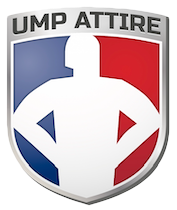
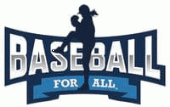

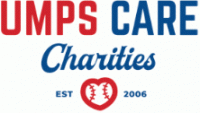

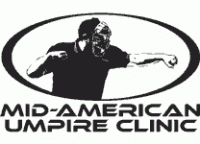

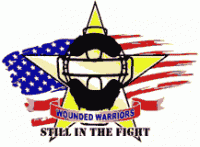

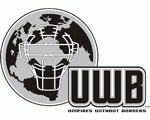
Comments
Be the first to comment on this article!